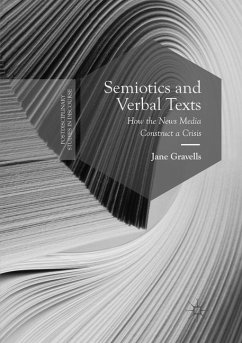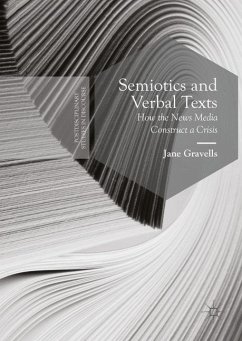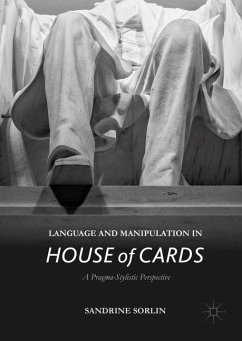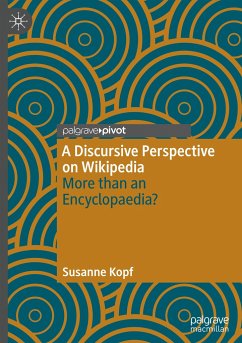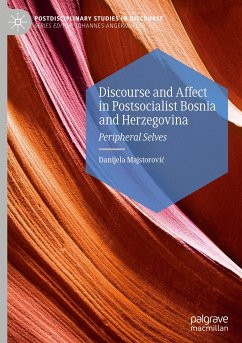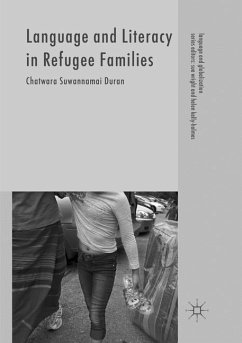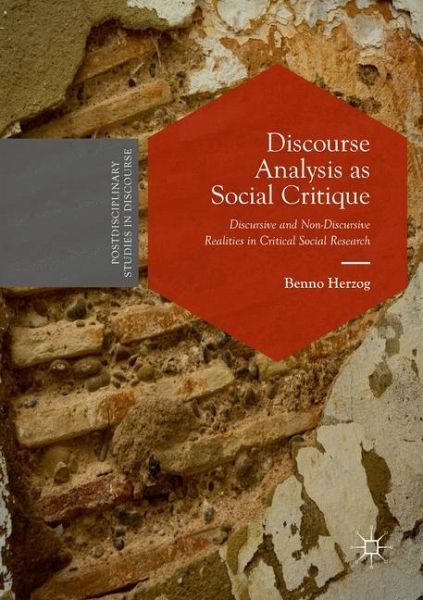
Discourse Analysis as Social Critique
Discursive and Non-Discursive Realities in Critical Social Research

PAYBACK Punkte
10 °P sammeln!
This book presents post-Marxist theoretical approaches towards social critique and offers discourse analytical tools for critical research. How is a normative critique possible? The author, working at the crossroads of sociological discourse analysis and social philosophy, answers this question and others to show how empirical discourse research can be used to develop normative critique of societies. Divided into three major sections, Herzog introduces the reader to the theoretical approaches to critique, provides tools for normative evaluations of social structures, and finally offers practic...
This book presents post-Marxist theoretical approaches towards social critique and offers discourse analytical tools for critical research. How is a normative critique possible? The author, working at the crossroads of sociological discourse analysis and social philosophy, answers this question and others to show how empirical discourse research can be used to develop normative critique of societies. Divided into three major sections, Herzog introduces the reader to the theoretical approaches to critique, provides tools for normative evaluations of social structures, and finally offers practical examples of theoretical concepts. The book will be of interest to those working in the fields and subfields of discourse analysis, poststructuralism, hegemony theory, cultural political economy and critical theory, with an interdisciplinary orientation.



